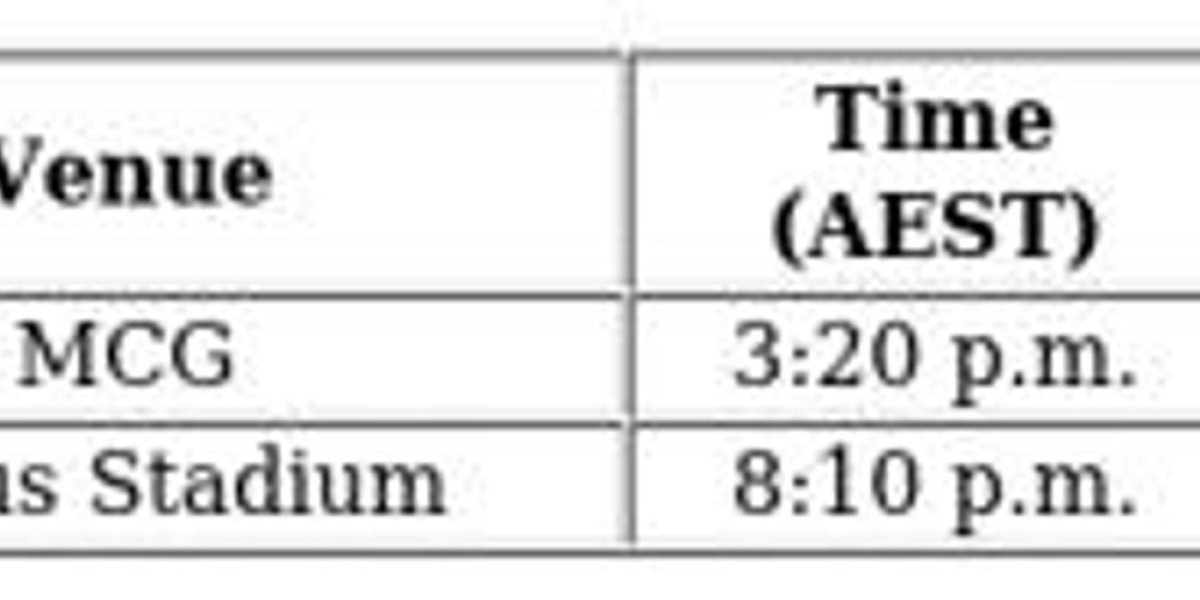Unlike traditional casino games that rely purely on chance, Zeppelin incorporates elements of game theory, allowing players to make calculated decisions to maximize their potential winnings. Understanding the role of strategy in this game can significantly improve a player's chances of success.
The Basics of Zeppelin Game
Zeppelin is a crash-style game https://zeppelin2game.com/en/ where players place bets before a virtual airship takes off. As the Zeppelin ascends, the multiplier increases, and players must decide when to cash out before the airship crashes. If they cash out in time, they secure their winnings based on the multiplier at that moment. However, if they wait too long and the Zeppelin crashes, they lose their bet.
This simple yet engaging concept makes the game highly dynamic, as players must balance risk and reward. The unpredictability of the crash point adds an element of suspense, making each round unique.
Applying Game Theory to Zeppelin
Game theory is the study of strategic decision-making, often used in economics, psychology, and competitive games. In Zeppelin, players can apply game theory principles to improve their outcomes.
One key concept in game theory is expected value (EV), which helps players determine the best possible decision based on probabilities. Since the Zeppelin crash point is random but follows a pattern over multiple rounds, players can analyze past results to estimate the likelihood of certain outcomes. While no strategy guarantees success, understanding probabilities can help players make more informed decisions.
Another important principle is risk management. In game theory, rational players aim to minimize losses while maximizing potential gains. In Zeppelin, this means setting predefined cash-out points based on personal risk tolerance. Some players prefer to cash out early for smaller but consistent wins, while others take higher risks in hopes of securing larger payouts.
Strategies for Success
1. The Conservative Approach – This strategy involves cashing out early, typically at a low multiplier (e.g., 1.5x to 2x). While the winnings per round may be smaller, this approach minimizes losses and allows for steady profit accumulation over time.
2. The Aggressive Approach – High-risk players may choose to wait for higher multipliers before cashing out. While this can lead to significant wins, it also increases the chances of losing the bet if the Zeppelin crashes unexpectedly.
3. The Hybrid Strategy – Some players adopt a balanced approach, setting a mix of low and high cash-out points depending on trends and risk tolerance. This strategy allows for both steady gains and occasional big wins.
4. Bet Splitting – Another effective method is placing multiple bets in a single round, cashing out one early for a guaranteed return while letting the other ride for a higher multiplier. This reduces overall risk while still allowing for potential high payouts.
Psychological Factors in Decision-Making
Beyond mathematical strategies, psychology plays a crucial role in Zeppelin. Many players fall into the trap of chasing losses, where they continue playing in hopes of recovering previous losses. This often leads to poor decision-making and increased risk-taking.
Another common psychological factor is overconfidence bias, where players believe they can predict crash points based on recent trends. While analyzing patterns can be useful, it is essential to remember that each round is independent, and past results do not guarantee future outcomes.
Conclusion
Zeppelin is more than just a game of luck—it involves strategic decision-making, risk assessment, and psychological discipline. By applying game theory principles, players can improve their chances of making profitable decisions while minimizing unnecessary risks. Whether adopting a conservative, aggressive, or hybrid strategy, understanding the mechanics of the game and maintaining a disciplined approach can lead to a more enjoyable and potentially rewarding experience.
As with any game involving real money, responsible gaming is key. Setting limits, managing risk, and avoiding emotional decision-making are essential to long-term success. By combining strategy with smart decision-making, players can enhance their Zeppelin experience while maintaining control over their gameplay.








